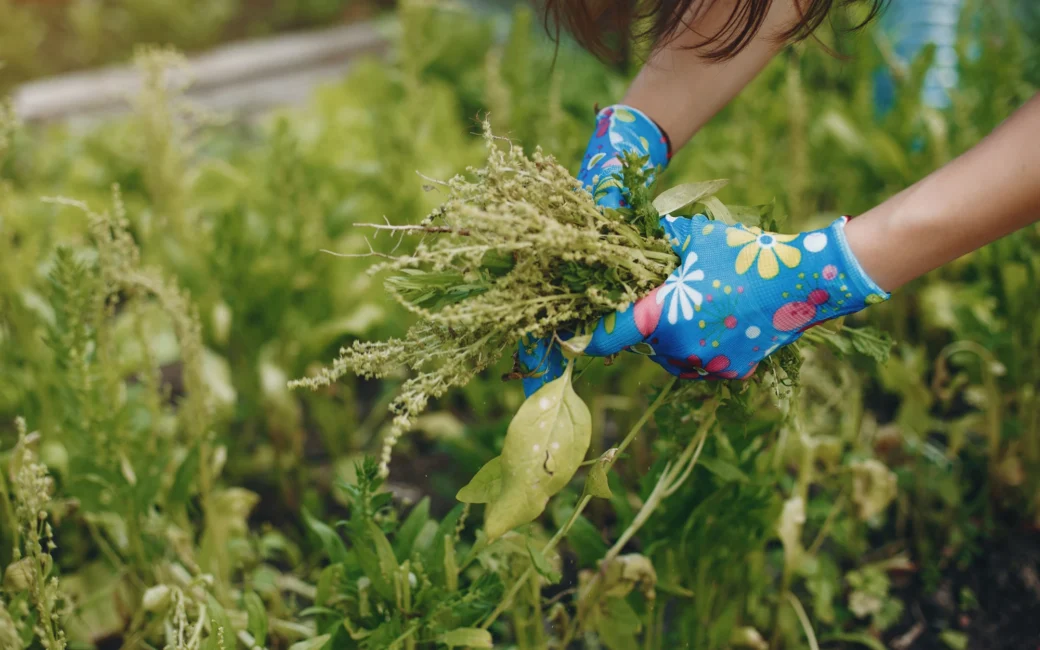
Weeds have long been seen as a gardener’s worst nightmare, but new research suggests they might actually be beneficial for your dental health. Recent studies have revealed that certain types of weeds can help prevent tooth decay and dental plaque formation, offering a fresh perspective on oral care.
In a groundbreaking study published in PLOS ONE, scientists analyzed the remains of ancient Sudanese individuals who lived 2,000 years ago. These people regularly included a tuber called purple nutsedge or nutgrass in their diet, despite its reputation as one of the world’s most invasive weeds. Astonishingly, this tenacious weed, resistant to herbicides and spreading stealthily underground, was found to inhibit the growth of bacteria associated with tooth decay.
As researchers delved deeper into the lives of these ancient people, they discovered that cavities were relatively uncommon among them. Their diet, which was low in carbohydrates and rich in meat, played a role in this, but the antibacterial properties of the nutsedge may have also contributed to their excellent oral health. Furthermore, an analysis of even earlier remains from 8,700 years ago revealed a similar pattern of nutgrass consumption among the Sudanese population, suggesting that this weed may have served as both a nutritious meal and a primitive form of antibacterial medicine.
Could the bitter taste of this weed have been a clue to its healing properties? Researchers speculate that the unappetizing flavor of the nutsedge may have indicated its potential medicinal benefits, as medicine is rarely known for its pleasant taste.
In conclusion, what we eat has a significant impact on our oral health, and weeds could hold the key to improved dental care. Embrace this surprising new approach to hygiene and unlock the potential of these overlooked plants for stronger, healthier teeth.


